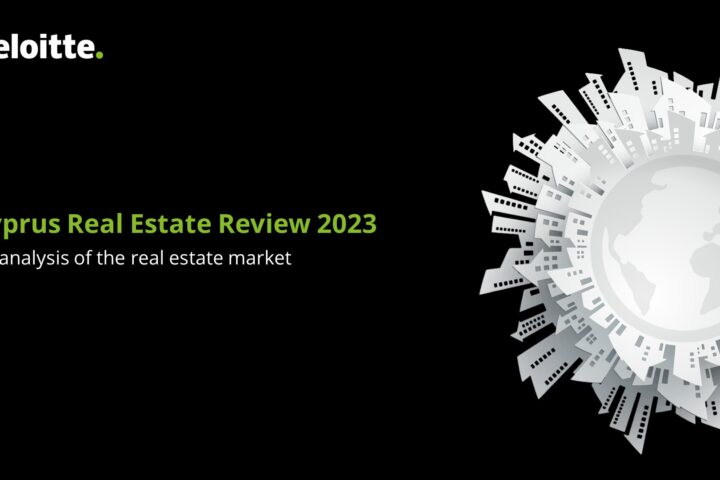Three same letters of the English alphabet (www) have changed the world drastically in the past 30 years. March 12 marks the anniversary of the invention of the world wide web which now connects billions of people every day.
The Cyprus News Agency (CNA) spoke to Dr Constantia Alexandrou, Director of the Computation-based Science and Technology Research Centre (CaSToRC) of The Cyprus Institute, whose team also contributes to CERN, the European Organization for Nuclear Research.
“www is an information system, where documents and other web resources are identified and interlinked by hypertext and are accessible via the internet. Tim Berners-Lee, a British scientist, invented the World Wide Web (WWW) in 1989, while working at CERN,” said Alexandrou.
She added that the web was originally conceived and developed to meet the demand for automated information-sharing between scientists in universities and institutes around the world, while in 1993, CERN put the World Wide Web software in the public domain and later CERN made a release available with an open license.
In 1989 websites did not exist, but now they are used by all.
“New ideas are originating from the initial purpose of www that was to allow researchers working with CERN to share and analyse their results for scientific discovery,” she Alexandrou.
She noted that exciting new approaches are arising in fields as diverse as information (Open Data), politics (Open Government), scientific research (Open Access), education, and culture (Free Culture).
In the future, she said, everything will be connected.
Smart cities will rely on being able to share and analyse data as they are being produced.
“The 5G technology will unleash new ideas and bring transformative changes in areas like mobile HD video, connected cities and homes, self-driving cars, smart agriculture, consumer wearables, mobile virtual reality, health monitoring and in general Internet of Things”.
Every village, she said, every school and every citizen will be connected, and internet will be available everywhere.
The vast data produced and new methods to analyse them will lead to new insights and more competitive societies, said Alexandrou.







